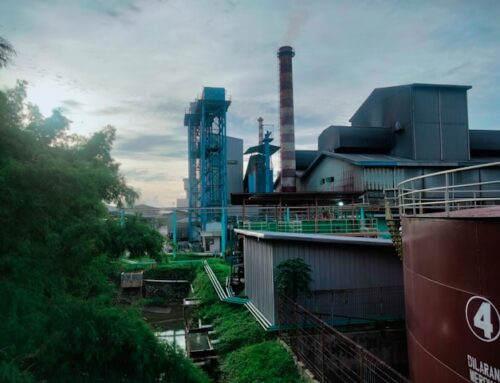In recent decades, there has been a growing trend among developing countries towards prepayment systems for utilities, such as electricity. These systems can enhance the revenue recovery of utility providers, but their welfare effects on consumers are unclear. Previous research has suggested that paying in advance reduces consumption, but the mechanisms behind this effect are not well explained. To shed light on this issue, we empirically investigate how prepayment influences consumption through price salience, both in the short and long run. Using quasi-experimental variation in the tariff changes, we find compelling evidence that prepaid users are up to four times more elastic than postpaid users. The estimated price elasticity declines smoothly for prepaid users, from -0.15 after one year to -0.46 after six years, whereas postpaid users display an elasticity of -0.04 to -0.08. Our willingness-to-pay survey suggests positive consumer welfare and our applied welfare analysis highlights the gains from the prepayment system. Understanding the interaction between pricing policies and technology adoption will enhance efforts in promoting energy conservation in many developing countries.
Speaker: Dr Imelda (Geneva Graduate Institute)
The seminar will be chaired by Dr Heni Kurniasih (SMERU)
Friday, 19 January 2024 at 10.00-11.30am WIB
In person only and will not be livestreamed.
Venue: The SMERU Research Institute, Jl Jl. Cikini Raya No. 10A, Jakarta 10330 (Location map)
Register: bit.ly/fkp19jan
Thumbnail photo source Tribun Jabar
Slides and video for past seminars:




